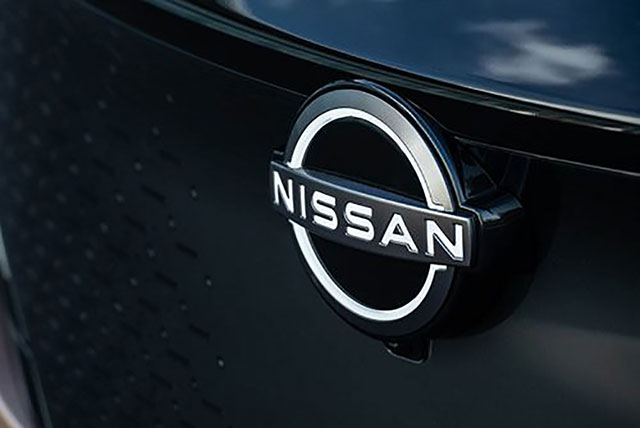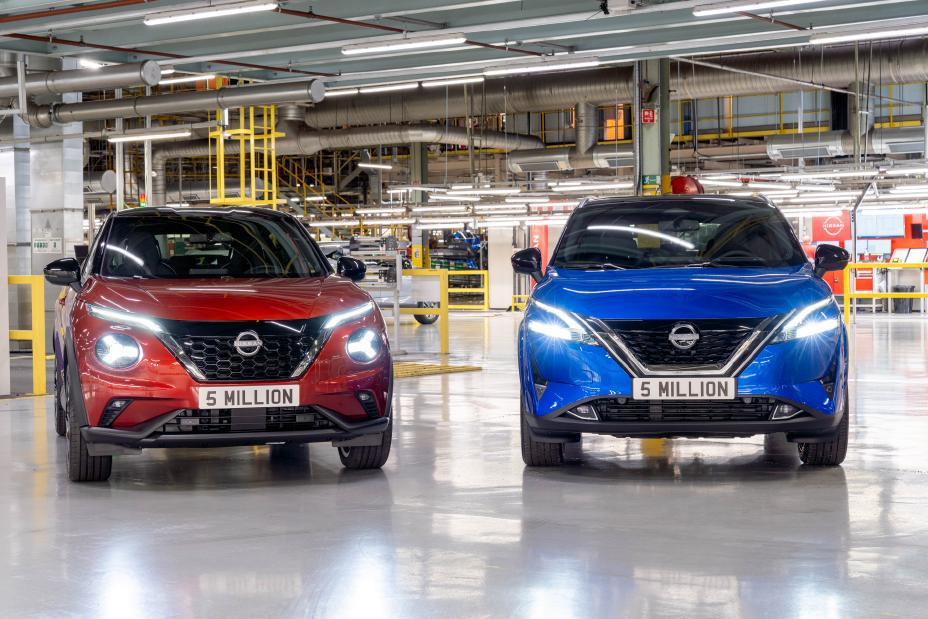Nissan has announced that it has partnered with Tohoku University’s School of Pharmaceutical Sciences to develop a new technology that can inactivate viruses. According to the release, the collaboration leverages “Nissan’s technology and expertise in automotive development, and Tohoku University faculty technology related to drug development, drug evaluation, and other pharmaceutical sciences, catalyst preparation, and catalyst performance evaluation.”
So how does this new technology work? This technology uses an organic nitroxyl radical oxidation catalyst, otherwise known as a radical catalyst. They are used as additives in automotive paint polymer bases, as well as fibers and organic polymeric materials used in vehicle interiors and exteriors.
In Nissan cars, the radical catalyst prevents photodegradation reactions such as cracking, brittleness, and fading over a long period of time. The Japanese automaker has been researching and developing other uses of radical catalysts in an effort to make the most of their catalytic activity and further contribute to society.
In the case of viruses, radical catalysts can inactivate viruses by oxidizing organic compounds, or more specifically, inactivating spike proteins to prevent binding to human cells. The results of the study show that this technology is proven to work on SARS-CoV2 (omicron strain) even against the SARS-CoV2 feline coronavirus variant which was also tested and proven effective.
These radical catalysts also work in the dark at room temperature without the need for light exposure, as is usually the case with oxidation. In addition, Nissan says that this technology can also inactivate pathogens such as fungi and bacteria. The company also sees various applications for the technology in the future. These include antibacterial and antiviral bases in filters for air conditioning equipment and air purifiers. They can also be used in masks and textiles used in hospitals.







